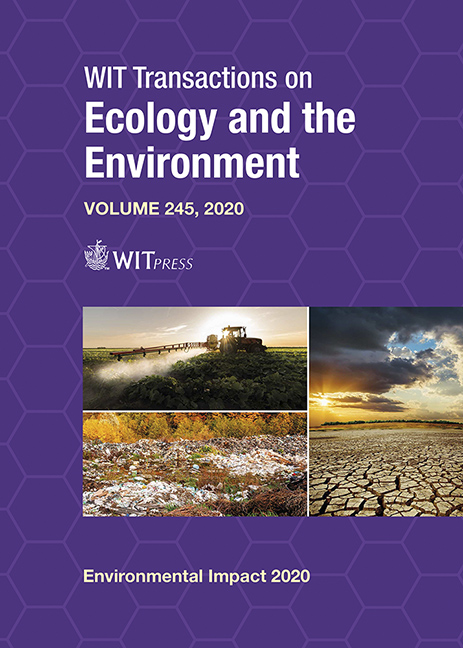ASSESSMENT OF THE IMPACTS OF NEW MINING TECHNOLOGIES: RECOMMENDATIONS ON THE WAY FORWARD
Price
Free (open access)
Transaction
Volume
245
Pages
11
Page Range
177 - 187
Published
2020
Paper DOI
10.2495/EID200171
Copyright
WIT Press
Author(s)
HORATIO SAM-AGGREY
Abstract
Rapid growth in technological innovation in the mining sector is having a fundamental impact on the mining landscape. Innovation fuelled by automation, digitization, and electrification have led to the introduction of autonomous vehicles, automated drilling and tunnel boring systems, drones, and smart sensors. While these new technologies could contribute to improved profit margins, reduced greenhouse gas emissions, and improved worker health and safety, they could also have significant impacts on local employment levels, skills creation, and local content in mining projects. Emerging technologies may also give rise to new types of environmental and occupational health problems, due to for example, the emissions of nanomaterials. Hence, new technologies may warrant a reassessment of project impact assessment categories, as some categories that may be relevant for assessing new technologies may not exist yet, whereas some that do exist may not be relevant. Hence, organisations conducting project assessments should prepare and respond to these technological shifts in the mining sector. This paper highlights some technological innovations and their potential socio-economic and environmental impacts on communities. It also assesses the impact of innovation on the environmental assessment and regulatory processes for mines. Recommendations on ways of assessing the biophysical, environmental and socio-economic impacts of new technologies are outlined.
Keywords
automation, digitization, mines, Aboriginal, UNDRIP, employment, impact benefit agreements, socio-economic agreements, innovation, environmental assessment, regulation





